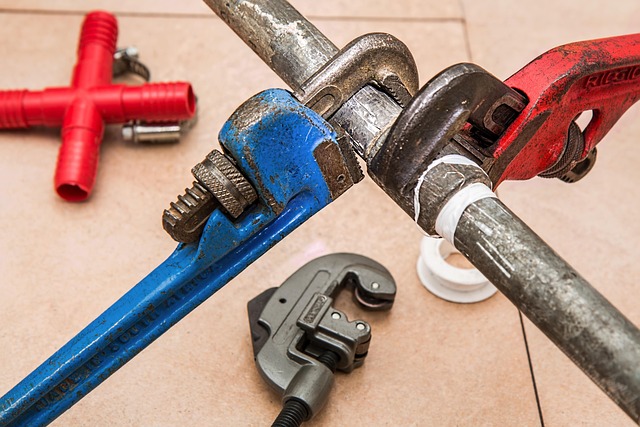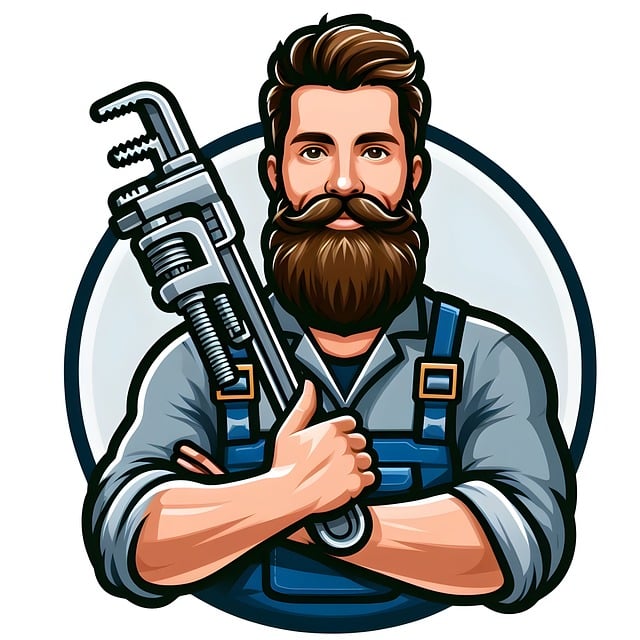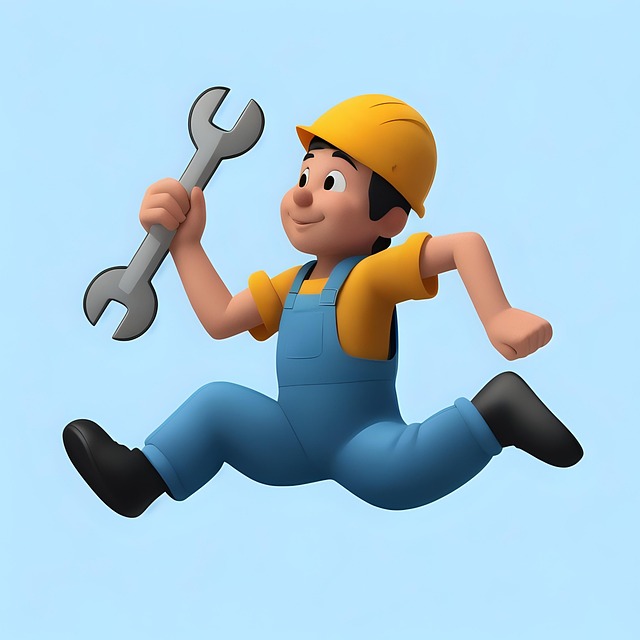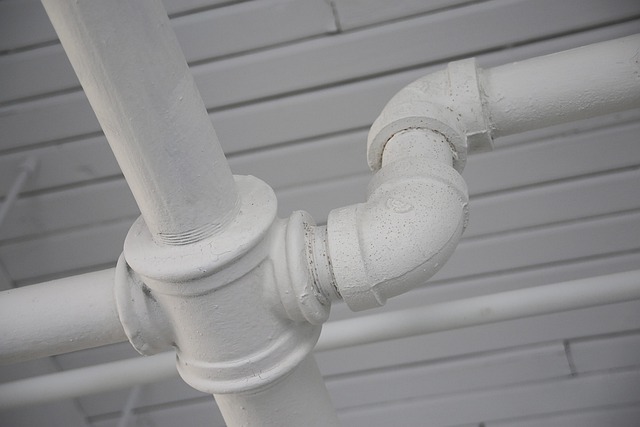Assess your plumbing needs: for minor issues like leaky faucets or simple clogs, use best plumbing tools for DIY satisfaction and cost savings; for complex problems like re-piping or severe clogs, professional plumbers with specialized equipment and expertise are crucial for safety, regulations, and proper execution.
Are you a DIY enthusiast or a pro when it comes to plumbing? This guide is your ultimate companion for navigating through the world of home plumbing. We explore whether tackling leaks, clogs, or even complex projects is best done by yourself or a professional.
From essential tools like pliers and leak detectors to advanced gadgets for precise installations, we’ve compiled the top picks for every homeowner. Discover the best plumbing tools to empower you with confidence and skill, ensuring your home’s plumbing system runs smoothly.
- Assessing Your Plumbing Needs: DIY vs Professional
- – When is it suitable to tackle plumbing tasks yourself?
- – Understanding when to call in a professional plumber.
Assessing Your Plumbing Needs: DIY vs Professional

Assessing your plumbing needs is a crucial step in deciding whether to tackle projects yourself or hire a professional. For minor issues like replacing a leaky faucet or clearing a simple clog, DIY tools can be an efficient and cost-effective solution. The right set of best plumbing tools can empower homeowners to handle these tasks with ease, saving time and money.
However, when it comes to more complex plumbing problems, such as re-piping, installing a new water heater, or addressing severe clogs that require specialized equipment, professional help is often necessary. Experienced plumbers have the expertise, tools, and access to high-quality materials to ensure these jobs are done correctly, safely, and in compliance with local regulations.
– When is it suitable to tackle plumbing tasks yourself?

Tackling minor plumbing issues around the house can often be a satisfying DIY project for many homeowners. It’s suitable to attempt simple tasks like fixing a leaky faucet, unclogging drains, or replacing toilet flappers using some essential tools from our list of best plumbing tools. These tasks typically don’t require complex knowledge and can save you time and money. With the right set of tools at your disposal, such as adjustable wrenches, pliers, and pipe wrenches, you’ll be able to handle basic repairs quickly and effectively.
However, there’s a fine line between manageable DIY projects and tasks that are best left to professionals. More complex plumbing issues like re-piping, installing water heaters, or dealing with severe clogs may require specialized knowledge and equipment. In such cases, it’s advisable to call in a licensed plumber to ensure the work is done safely and correctly, avoiding potential damage or costly mistakes.
– Understanding when to call in a professional plumber.

While DIY projects can be rewarding, plumbing repairs and installations often require specialized knowledge and tools that homeowners might not possess. Recognizing when to call in a professional plumber is crucial for ensuring effective and safe solutions. Even with the best plumbing tools at hand—like high-quality pliers, pipes wrenches, and leak detectors—complex issues such as repiping, sewer line repairs, or fixture installations may demand expert attention. Professional plumbers are equipped with advanced tools and expertise to tackle these challenges accurately and efficiently.
Additionally, some projects involve dangerous elements like gas lines or electrical components, necessitating licensed professionals for safety reasons. Homeowners should consider their comfort level, the complexity of the task, and potential risks before attempting significant plumbing work themselves. Having a reliable network of professionals readily available can save time, money, and stress in the long run.
Whether you’re a seasoned DIY enthusiast or a first-time homeowner, understanding when to tackle plumbing tasks on your own and when to call in a pro is essential. Investing in the right tools, such as high-quality pipe wrenches, pliers, and leak detection kits, can make all the difference for minor repairs and maintenance. However, for complex issues like repiping, water heater installations, or severe clogs, it’s often best to leave it to licensed plumbers with specialized equipment. Knowing when to DIY and when to hire a pro ensures your plumbing system remains in top shape while saving you time and potential headaches.
